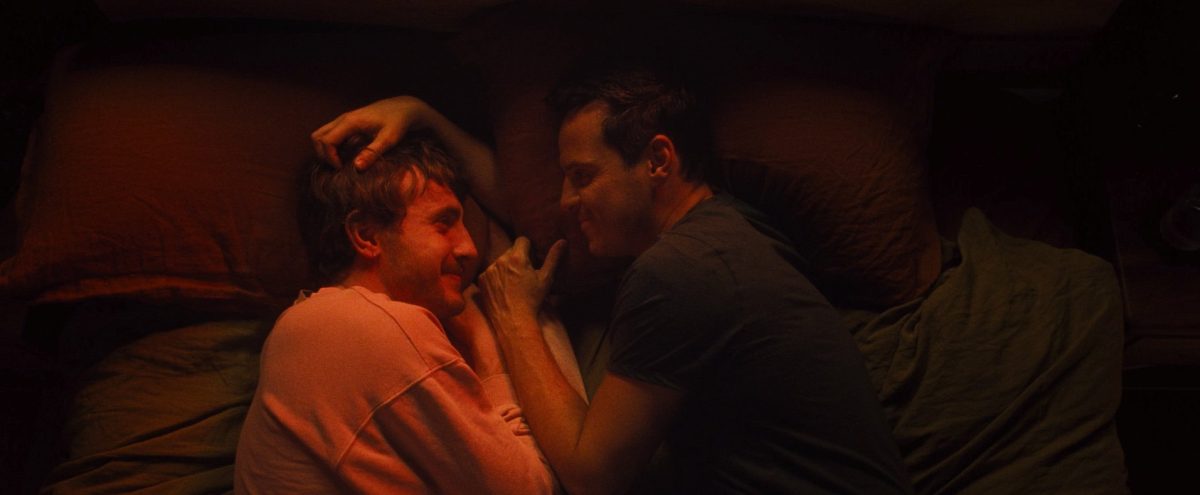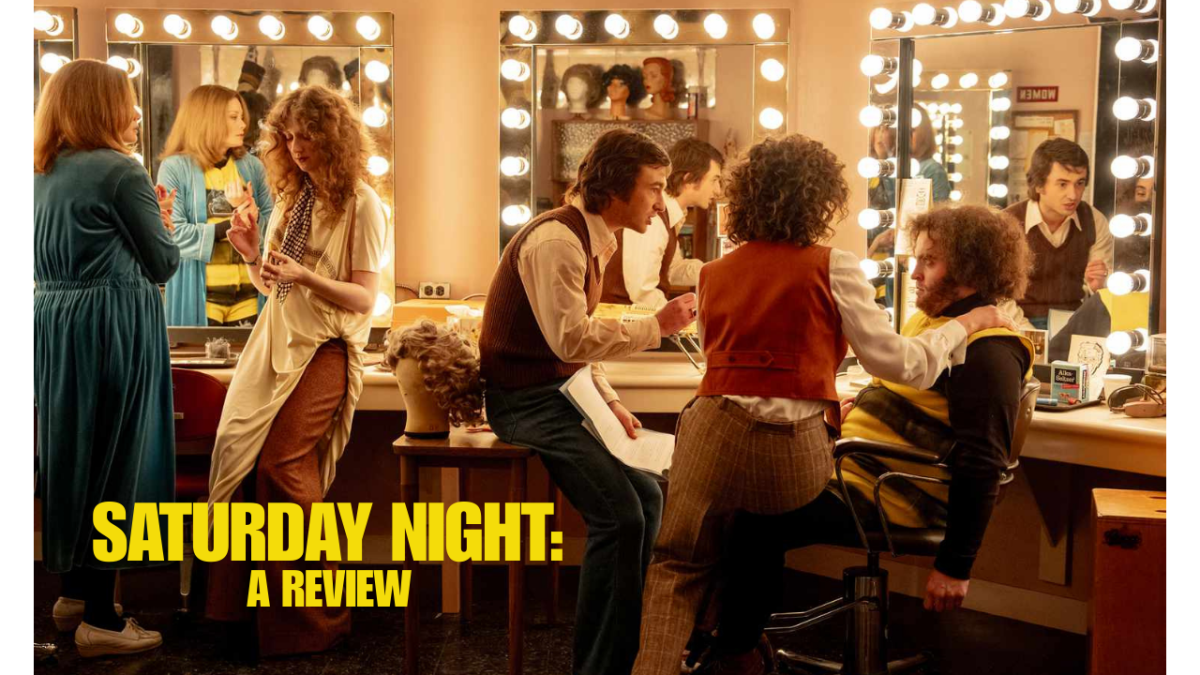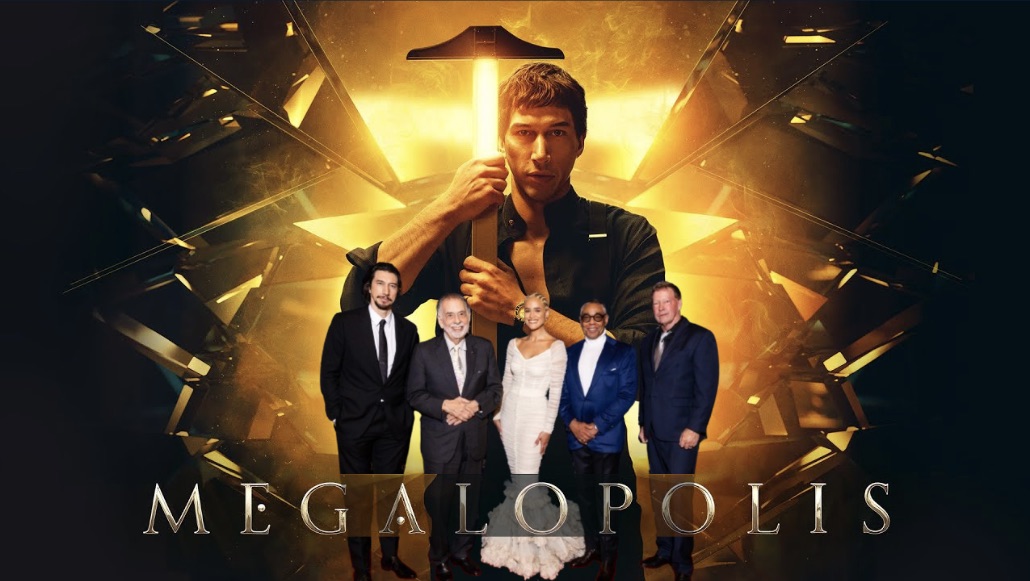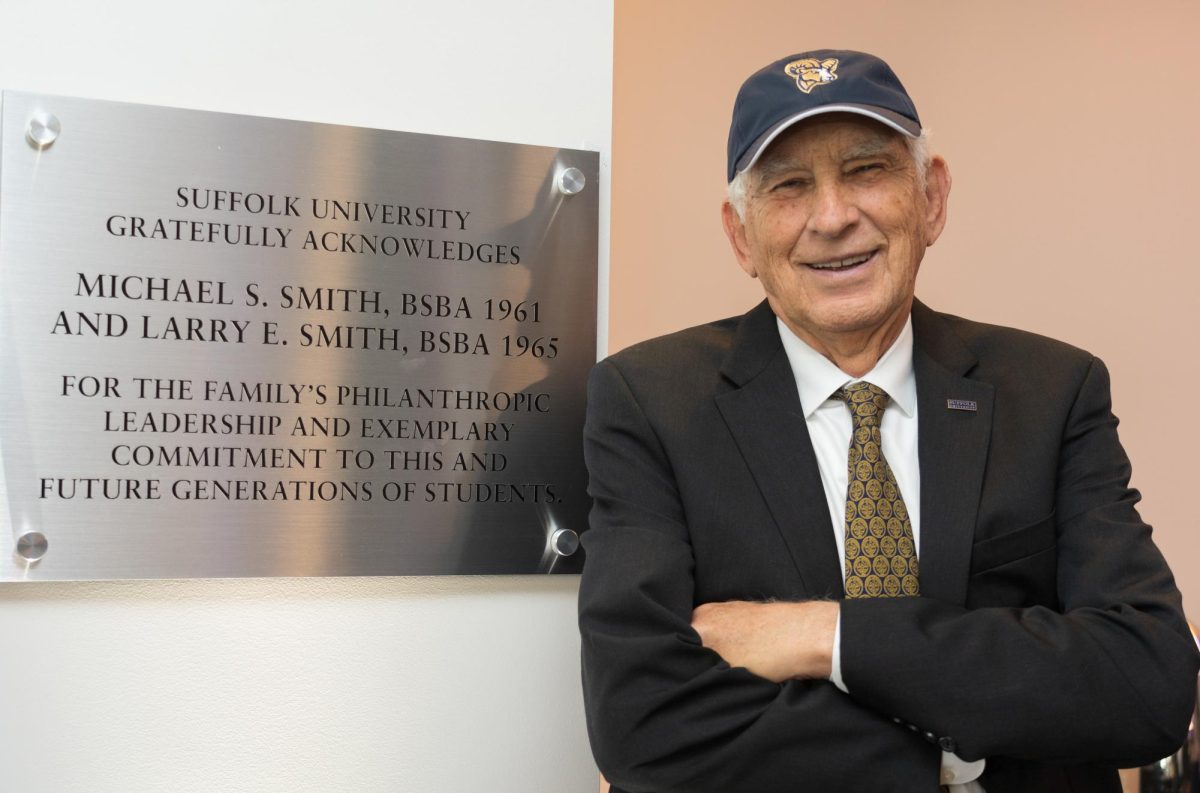Despite a lack of recognition this awards season, Andrew Haigh’s “All of Us Strangers” is a masterful study on love and loss that is deserving of an audience’s attention and respect.
The film follows Adam, played by Andrew Scott, a despondent screenwriter looking to process his circumstances through his writing. Adam lost his parents when he was 12 years old to a car accident around Christmas time, leaving him isolated. He works through his sexual identity as a gay man and this lingering grief through a nearly supernatural opportunity to visit his childhood home and converse with his parents at the age they were when they passed.
The story immediately begins with little exposition, launching audiences into a disorienting framework. The off-putting locations and soundtrack lend themselves to a jarring dive into an almost supernatural encounter between Adam and his parents. This off-putting energy kept audiences on edge as they waited for each crumb of clarity to make the story more fleshed out. This only added to the impact of the story’s messages as they were becoming more clear.
The film employed a “show don’t tell” mindset to the story, with nothing indicating the relationship between Adam and his parents besides the subtleties of their conversation and body language. The actors are around the same age and nothing in the dialogue refers to them as parental figures until later in the story.
Similarly, one of the largest reveals in the film is played slowly through a series of discoveries the audience was making alongside Adam, none of them spoken, only described through reaction and set design. The ability to allow audience anticipation to persist in these moments wore down the audience to a place of vulnerability and tears that they couldn’t predict.
The secondary plot alongside Adam confronting the grief is a relationship with another man from the apartment complex, Harry, played by Paul Mescal. The intimate moments the two share on screen are deeply touching and honest. Their relationship is handled gently between the two timid characters, who are trying to navigate their identities in a world without support. Adam’s parents’ death came before he was able to express himself to his parents, while Harry’s family was unsupportive or disinterested in supporting him through his discovery.
The film tackles the nuanced concepts with such care, addressing the struggle many LGBTQ+ youth deal with whilst discovering their sexuality, as well as the lingering effects of the lack of acceptance people have seen in the past.
With an age gap of around 20 years, Harry’s character is working through the modern-day process of coming out to family and friends, whereas Adam is reminiscing on a youth he never had, both with his parents and his sexuality being public. This dynamic allows for a deep connection between the two immediately. Despite initially rejecting Harry’s advances, Adam pursues him further with the hopes of combatting both of their loneliness with some much-needed companionship.
This approach was made possible by the exceptional acting performances of the main cast. With a cast of primarily four actors, each character’s weight of story was extremely effective. Claire Foy and Jamie Bell gave a spellbound performance as Adam’s parents.
Foy’s performance was understated and honest, bringing out love and conflict that bordered close to the reality of many mother and son dynamics. She finds out Adam is gay after asking him if he’s been seeing a girl and whether he wants kids. When he speaks about how his sexuality is influencing his life in the modern day, she expresses hostility and shock, as well as a concern for him and his well-being. This scene added a bit of humor and highlighted the different time periods well within the intense subject matter.
The true standouts were Scott and Mescal as the romantic centerpiece of the film. The two were extremely grounded in reality during scenes of intimacy and conversation. Nothing between the two ever felt forced or unrealistic. This kind of raw performance is something to be praised in LGBTQ+ media, as a truthful take on how existing with the struggles of your identity can be isolating but also be a point of connection.
The film’s unique take on the fantasy and romance genre was refreshing and set a new standard for films to come. The film is grounded in many fantasy elements and can be jarring, but this is not a film that needs to be dissected for a “why” behind the magic the film has within its plot. The fantasy of the film is merely a device to bring out some of the most intense feelings we as humans can experience.
“All of Us Strangers” is a film worth viewing for its ability to be comforting despite being a depiction of some of the most uncomfortable struggles humans can experience.
“All of Us Strangers” is still in theaters, so catch it on the big screen while you can.





















